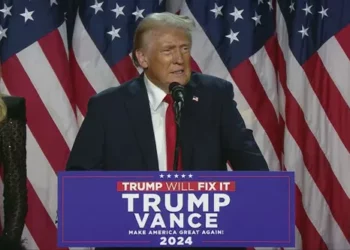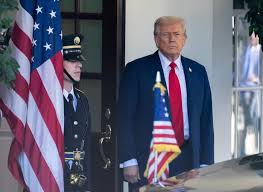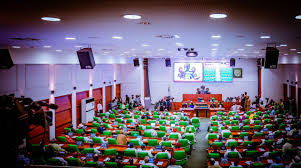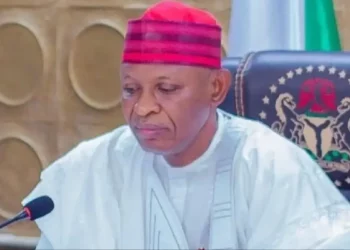Visa Restrictions And Processing Backlogs
During his first term, Trump’s administration imposed travel bans on countries, including Nigeria, citing national security. The restrictions significantly delayed visa processing for Nigerians, affecting students, professionals, and families.
According to Olumide Ohunayo, General Secretary of the Aviation Safety Round Table Initiative, Trump’s return could mean a resurgence of these policies, exacerbating existing backlogs at U.S. embassies.
Ohunayo noted that the backlog from Trump’s previous term continues to delay visa interviews by two to three years for applicants, excluding government officials and diplomats. “If Trump’s policies are reinstated in January, this backlog could grow even larger,” he warned, adding that additional regulations could deter Nigerians, even those who have won the green card lottery, from pursuing opportunities in the U.S.
Impact On Students And Professionals
Opinions differ on whether Trump’s policies would significantly affect Nigerian students. Aviation expert Bernard Bankole argued that Trump’s immigration focus remains on illegal immigration rather than students. “As long as students pay their fees and follow the rules, they should be fine,” Bankole said, suggesting that Trump’s policies would prioritize American interests without directly impacting law-abiding international students.
While some experts believe Trump’s policies could make it harder for Nigerians to study or work in the U.S., others argue that legitimate students and professionals are unlikely to face restrictions. Bankole emphasized that, despite concerns, Trump is seen as an advocate for U.S. economic interests and could bring positive economic impacts worldwide. “Life is all about perception,” he said. “Trump’s bold stance may ultimately benefit the U.S. economy, and in turn, other economies.”
Potential Effects On Remittances
Trump’s immigration policies could also impact Nigeria’s economy, particularly through remittances. Nigerians living abroad send over $20 billion annually, which bolsters Nigeria’s foreign exchange reserves and supports local consumption. If Trump’s policies limit Nigerians’ ability to travel or send money, remittances could decline, adding strain to Nigeria’s already struggling economy.
Broader U.S.-Nigeria Relations
Despite concerns about immigration policies, Bankole believes Trump’s leadership could benefit the global economy and, by extension, Nigeria. “The U.S. remains a major economic force, and positive changes in the American economy can have ripple effects globally,” he said. He also urged Nigerians to prioritize economic growth over U.S. political sentiments, pointing out that past U.S. administrations had little direct impact on Nigeria’s economy.
While Trump’s policies may create challenges, the broader impact on Nigerian students and economic relations will depend on how his administration balances immigration enforcement with maintaining positive ties with Africa.





